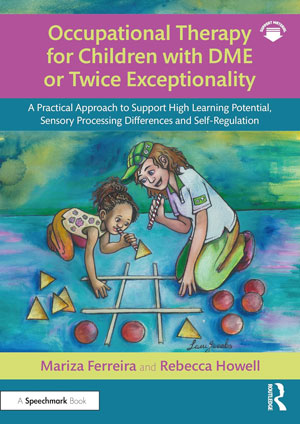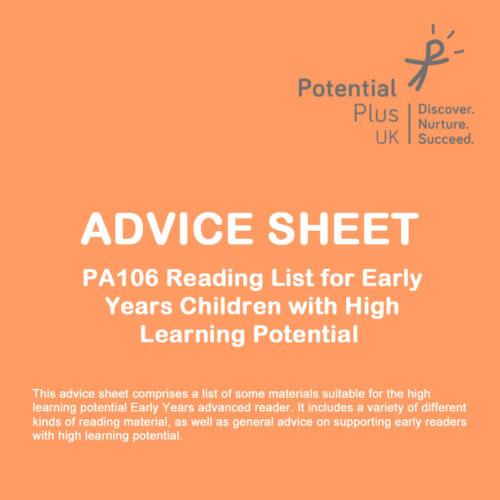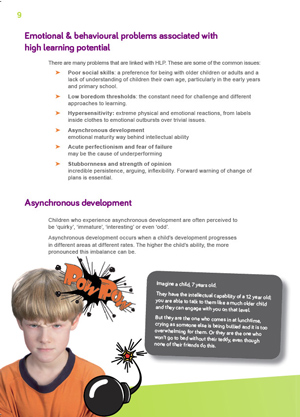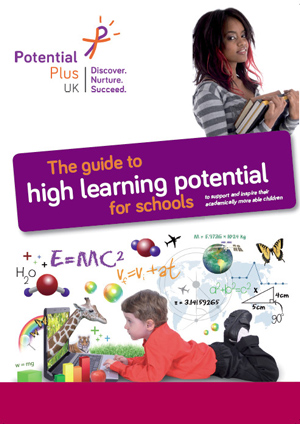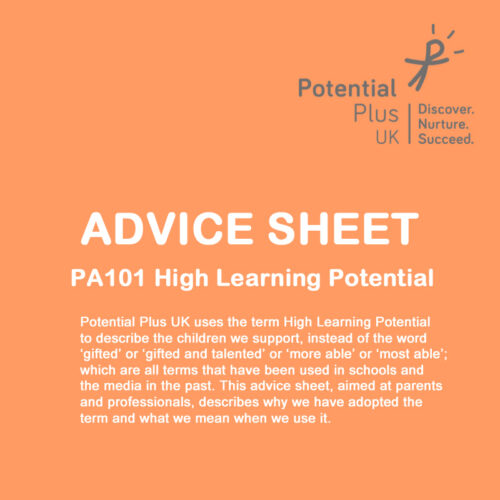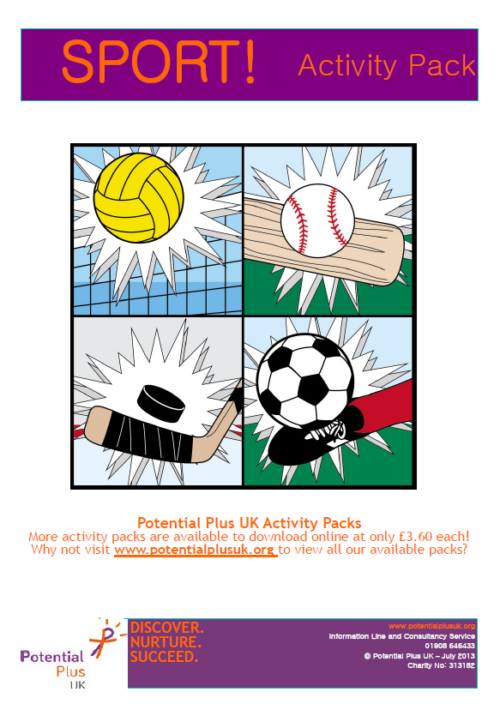Children with high learning potential or giftedness have remarkable potential. Despite this, these children can struggle to participate in everyday life because of a range of needs that are sometimes misunderstood, overlooked or not adequately addressed, leading to underachievement and, in turn, low self-esteem. Needs that, in many cases, paediatric occupational therapists are best suited to address.
Full of examples and with the voices of parents and children at its heart, this book outlines the DME-C tried-and-tested approach to helping children who have challenges relating to their high learning potential, as well as sensory processing differences, unhelpful thought patterns and self-regulation. It draws on the heart of occupational therapy that considers the whole profile of the child, actively caters to the unique profiles of children with dual or multiple exceptionality (DME) and guides therapists towards therapy provision that is strengths-based and achieves favourable outcomes. This resource is essential reading for occupational therapists, SENCOs, education psychologists and other relevant professionals
As an Amazon Associate I earn from qualifying purchases

